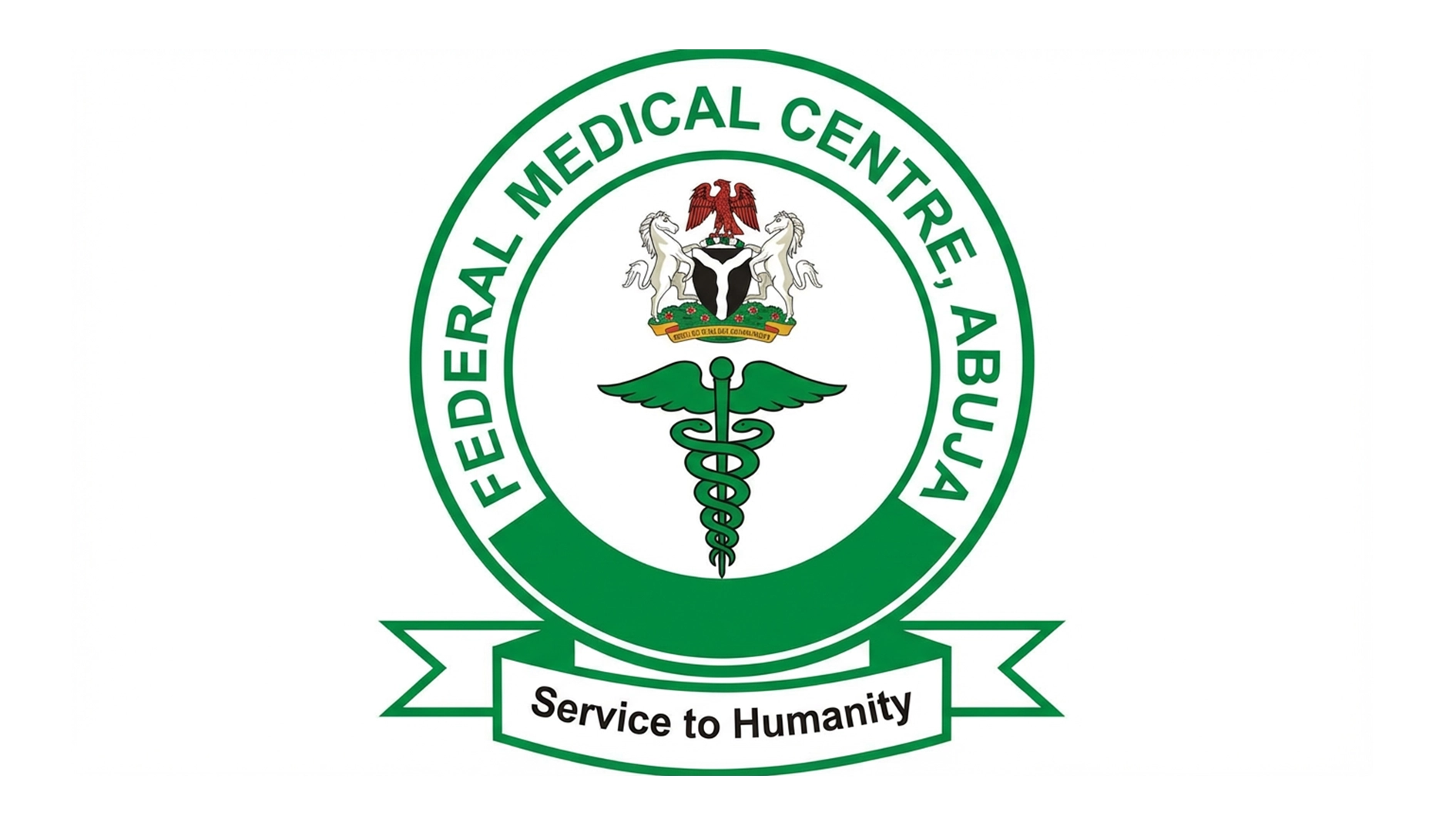The Federal Government has commenced the onboarding of State Oversight Committees across the country to improve transparency, accountability, and efficiency in the implementation of the Basic Healthcare Provision Fund (BHCPF) 2.0.
The exercise, which began with the South-West Zonal meeting in Lagos on Wednesday, is part of renewed efforts to ensure that public health funds are properly utilised and that every naira spent delivers measurable health outcomes.
Secretary of the Ministerial Oversight Committee at the Federal Ministry of Health, Dr Oritseweyimi Ogbe, said the initiative followed a directive from the Coordinating Minister of Health and Social Welfare, Prof Ali Pate, for stricter oversight and transparent management of the BHCPF.
He said, “The Honourable Coordinating Minister has emphasized that the BHCPF must be driven by transparency, visibility, and accountability. Every naira spent must yield measurable results in health outcomes.”
Ogbe explained that the revised BHCPF Guideline 2.0 introduces stronger monitoring systems, including the appointment of performance and financial management officers in all local government areas, deployment of digital platforms for tracking disbursements, and involvement of civil society organisations in fund monitoring.
He noted that the Federal Ministry of Health had signed an agreement with the Independent Corrupt Practices and Other Related Offences Commission (ICPC) to prevent misuse of funds and ensure accountability, stressing that “the days of opaque disbursements were over.”
Ogbe stated that the BHCPF, created under the National Health Act of 2014, is funded with not less than one per cent of the Consolidated Revenue Fund.
He added that the fund is distributed through four gateways; the National Primary Health Care Development Agency (NPHCDA) which receives 45 per cent, the State Health Insurance Agencies under the National Health Insurance Authority (NHIA) which receive 48.25 per cent, the Emergency Medical Treatment gateway, and the Nigeria Centre for Disease Control (NCDC) which gets 1.25 per cent.
He said over 8,309 Primary Health Centres (PHCs) currently benefit from the BHCPF, with a target of expanding to 17,600 facilities by 2027 under the Presidential Commitment for Health.
Ogbe also revealed that details of fund disbursement are now being published regularly in national newspapers and on ministry websites to promote public access to information.
He encouraged Nigerians to hold their state and local governments accountable for how the BHCPF is used in their communities while also recognising states that demonstrate effective management.
“The BHCPF is the foundation for delivering affordable, quality healthcare to Nigerians. With BHCPF 2.0, we are determined to ensure that the system works better, the money is traceable, and the people truly benefit,” he said.
Also speaking, the Lagos State Commissioner for Health, Prof Akin Abayomi, described the BHCPF 2.0 as a transformative initiative aimed at improving governance and speeding up healthcare service delivery nationwide.
He said, “What is new about the 2.0 is really the governance structure. The Federal Coordinating Minister is simplifying bureaucratic processes so that approvals, requests, and annual operating plans can move faster.”
Abayomi said the fund has three key components; insurance, primary healthcare, and emergency preparedness, designed to address critical gaps in the health system.
“The federal, state, and local governments are working together to ensure all citizens, especially the vulnerable, are covered by social health insurance in line with the NHIA Act of 2022,” he said.
He disclosed that Lagos State currently has 245 accredited PHCs under the BHCPF and is working to upgrade more facilities to guarantee quality care in all wards.
He explained that the fund allows PHCs to upgrade infrastructure, procure essential equipment, and strengthen capacity for emergencies such as cholera, diphtheria, and road accidents.
In his message, the National Coordinator of the Sector-Wide Approach (SWAp) Coordination Office, Dr Muntaqa Umar-Sadiq, reaffirmed the Federal Government’s commitment to transparency under the revised BHCPF framework.
Represented by the Technical Assistant to the Coordinating Minister, Dr Ashiru Abubakar, Umar-Sadiq said, “The Minister has directed full disclosure of BHCPF facilities and the amounts disbursed to them since 2019. This empowers civil society and citizens to demand accountability in the use of public funds.”
He referenced the 2023 BHCPF Audit Report, which identified accountability gaps in previous implementations, and urged the new oversight committees to ensure compliance across all states.






